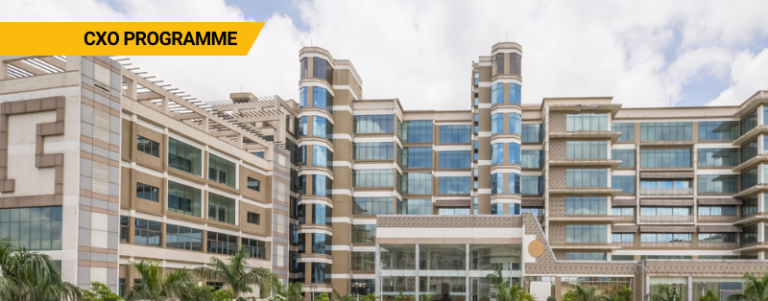Skilling the New Mantra for Talent Mobility

The Future of Jobs Report (2018) from the World Economic Forum predicts that 75 million jobs will be displaced by 2022 in 20 major economies. At the same time, 133 million new roles are expected to be created, driven by advances in technology and continuous digital transformation.
As demand for new capabilities gathers pace, reskilling and upskilling can enable organisations to develop the skills needed to remain competitive. Both are now effective strategies for employers to address any skill shortages.
Reskilling means looking for people with ‘adjacent skills’, that are close to the new skills the company requires. It provides a lateral learning experience. The World Economic Forum estimates that over half of all employees (54%) will require ‘significant’ reskilling by 2022.
On the other hand, a culture of Upskilling means teaching employees new, advanced skills to close talent gaps. It involves team members in continuous education and helps them advance along their current career path.

While two-thirds of organisations believe that workforce development programs will help address the skills gap, they are slow to act due to financial constraints and the lack of suitable technology to support internal initiatives.
Four out of five CEOs identified their employees’ lack of essential skills as a threat to growth in PwC’s 22nd Annual Global CEO Survey.
Addressing the skills gap
Both reskilling and upskilling strategies can be introduced into a business by creating a Career Learning program. Companies can devise a Career Learning Program to blend the current job profile of an Employee with additional skills so that it increases engagement within the organisation and eventually captures their aspirations towards greater personal career development.
Successful career strategies are derived from a competency-based approach. This allows the organisation to evaluate and assess the specific competencies required for each unique role and understand the skills development required for employees who are moving into new positions.
A career learning journey is personal to each employee and helps them break down the steps needed to achieve their long-term career goals and progress their career either laterally or through promotion. It requires an understanding of the knowledge, skills, and personal traits required and helps to identify the specialised skills and additional training needed to fulfil those aspirations.
A Career Learning Program in organisations is the starting point of a culture of talent mobility. Today’s talent looks for employers with a commitment to their future career development.
As the speed of digital transformation continues unabated, an effective Learning Culture is beneficial for both employees and HR and must be a talent imperative for your organisation.
________________________________
According to a February 2021 study by McKinsey Global Institute, around 18 million Indians will need to switch occupations by 2030 (Financial Express, 2021). Upskill with a course from Emeritus India and stay ahead of your peers.
~ Shivam Gupta





